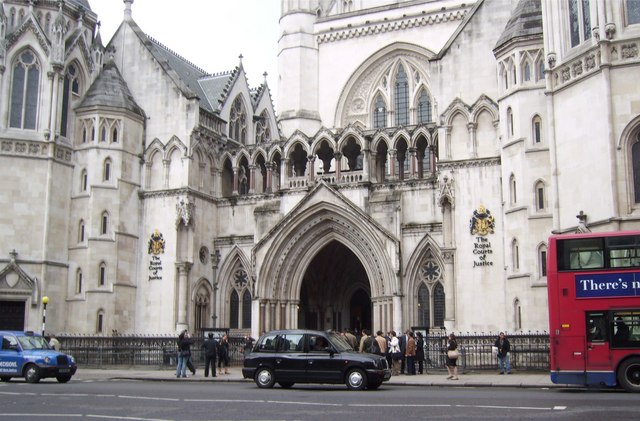In a resounding decision that emphasised the right of everyone to have affordable access to the justice system, the much criticised fees levied on complainants by the Employment Tribunals and the Employment Appeal Tribunal have been struck down as unlawful by the Supreme Court.
The fees – which range from £390 for straightforward cases to £1,200 for more complex ones – have been a source of great controversy since their introduction in 2013. Trade union Unison mounted an unsuccessful judicial review challenge to them but has now triumphed in its appeal.
The Court found that the fees are unlawful, both under domestic and European law, in that they prevent access to justice. That was a constitutional right inherent in the rule of law and tribunals could not be viewed merely as providing a service of value to those who bring claims before them.
The fees charged in less complex cases bore no relationship to the amounts sought and therefore acted as a deterrent to claims for modest sums or non-monetary relief. Many such claims could be regarded as futile or irrational in that the fees exceeded the sums claimed. The introduction of the fees had led to a dramatic and sustained fall in the number of claims, particularly low-value claims, and they were the most frequently cited reason for not submitting a claim.
The Court noted that, in many cases, those on low or middle incomes could only pay the fees by making sacrifices and foregoing a reasonable standard of living. In those circumstances, they could not be regarded as affordable. The fees also contravened EU law guarantees of an effective remedy before a tribunal and imposed disproportionate limitations on the enforcement of EU employment rights.
The fees were also indirectly discriminatory, within the meaning of the Equality Act 2010, because the higher fees for more complex claims put women at a particular disadvantage. The evidence showed that a higher proportion of women than men brought such claims. The higher fees did not correspond to a higher workload being placed on tribunals and acted as an equal deterrent to unmeritorious and meritorious claims.
The Ministry of Justice has said that the Government will take immediate steps to stop charging ET fees and refund payments made since 2013.
Iain Lock MD at Q&A Law said “Whilst I understand the reasoning for the judgment I fear that we will now be back to employees holding businesses to ransom by making or threatening to brings claims that have no merit. I would like to see a cost element being brought in so as to prevent bogus claims being brought by employees who hope that the business will settle before the trial and so receiving a payout. Reverting to the old system is a backward step in my view and the government should take this opportunity to carry out a full review of how the Employment tribunal system works.”
How we can help you.
We have a specialist contract drafting service that will provide your business with a bespoke contract, please visit our web page https://qandahr.co.uk/employment-law-and-hr/engage-package/
Or you can access template contracts that have been drafted by us and will protect your business on our software portal service https://qandahr.co.uk/employment-law-and-hr/hr-portal/
Or call Iain Lock on 01920 463777 or email ilock@qandalaw.co.uk


